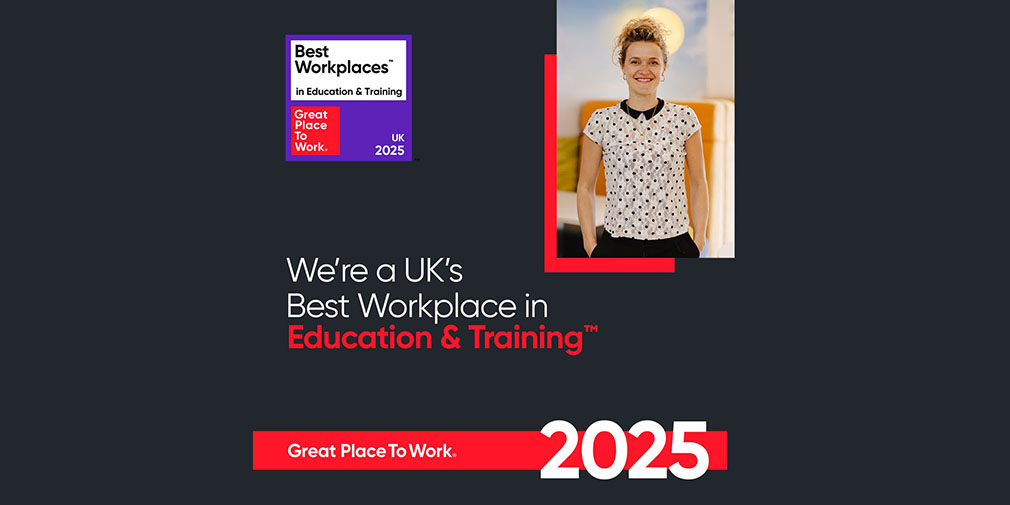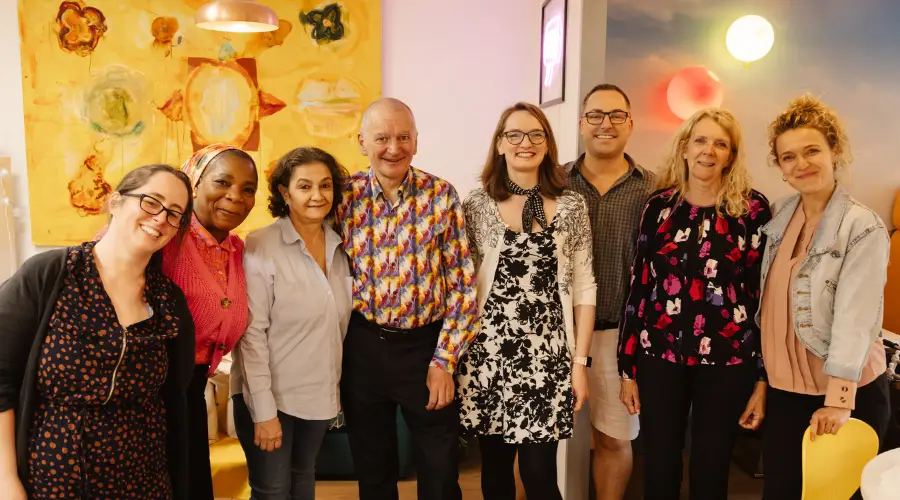The average woman at Happy is paid 1.1% more than the average man. I think that’s close enough to count as one of the 9% of companies that pay women and men roughly the same.
This week is the deadline for companies to reveal their gender pay gaps. Technically Happy doesn’t have to do this, as it only applies to companies employing 250 or more people. However it seems a good thing to do, so I thought we should do the calculation.
At Happy women make up 78% of higher-paid jobs and 62.5% of lower-paid jobs (and 68% of the overall staffing).
It may not be surprising but it is very sad that in 2018, 78% of companies still pay women less than men. There are many reasons for this but one factor, I believe, is the lack of openness. In most companies people do not know (and are sometimes contractually prevented from finding out) what others earn.
Some years ago, being interviewed on BBC Radio 4 on the subject of open salaries, I was talking with the Producer. She had discovered, by chance, that a man doing the same job was earning £10,000 more than her. When she asked the reason she was told “He asked for it, and you didn’t.”
Too often the reason for salary differences are not based on ability or contribution but on random reasons like this, reflecting the bias in our society.
At Happy we have had open salaries for over 20 years. Every member of staff can download a spreadsheet giving not only current salaries but every salary they’ve ever earned.
And it means that, when salaries are set, real attention is given to fairness. Knowing that everybody in the company will be able to see the figures means there have to be real reasons for somebody being paid more than others in a similar role.
When I suggest this, people often say “we couldn’t do that.” But when probed as to why not, the normal response is “because our salaries aren’t fair.”
But think about it. If you are worried that your salaries are not fair (and part of that may well be a gender bias), perhaps set yourself a deadline to make them fair and then make them transparent, internally for your staff.
Could you make your salaries open? If not, why not?
Related blogs
- What If the Boss Makes No Decisions? — This blog explores more about the concept of managers making less or even no decisions.
- Let’s Get Employees to Choose the CEO’s Salary — This blog outlines how payment works at Happy and how the employees get to have a say on the CEO’s Salary.
- Could a 4 Day Week Work in Your Sector? Yes! — This blog explores the benefits of a 4 day work week and how it effects employees.






















